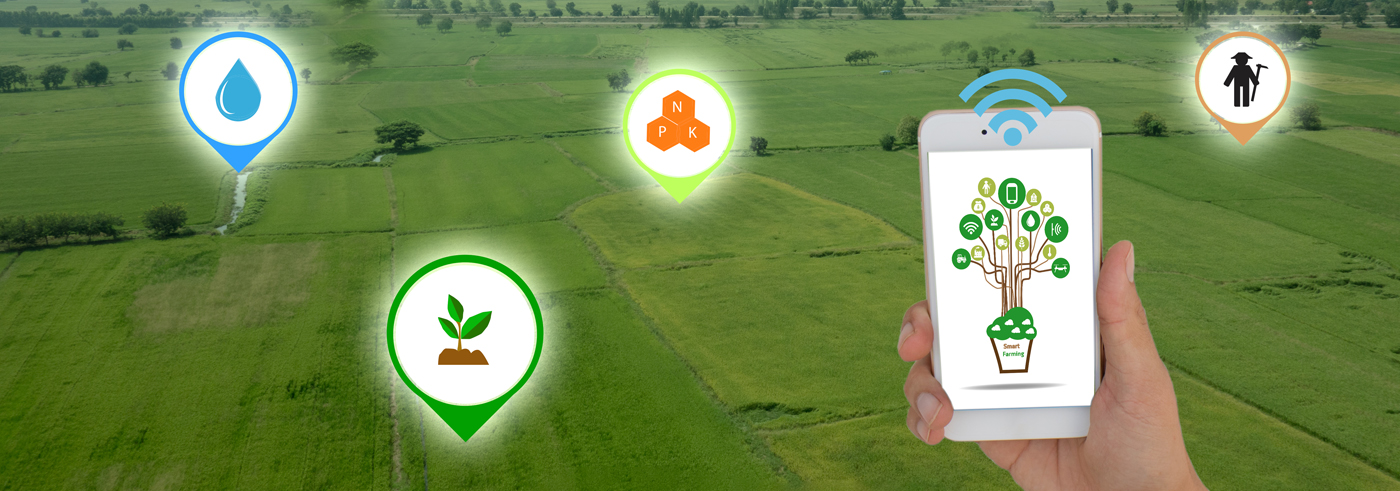Data-driven innovation is a key enabler of growth and jobs in Europe. The importance of data collected online, the growing importance of data generated by objects connected to the Internet of Things (IoT), the increasing availability of Big Data analytics tools and the emergence of broad availability of certain Artificial Intelligence applications are key technical drivers. New data-driven business models, building on these technical drivers, are an opportunity not only for big companies, but also for SMEs and start-ups in Europe.
Similarly, the public sector is beginning to seize the opportunities of data-driven innovation but there is a need for modernising in order to become more data-driven and cost-efficient. With the General Data Protection Regulation (GDPR) and the e-Privacy Directive the EU has set in place a solid framework for the processing of personal data and of electronic communications data, intended to create digital trust which is a key precondition for any data sharing.
Building a data-based economy in the EU
For building a data-based economy in the EU, in particular with non-personal data, the Commission looks at both public and private data. For public data main focus currently is on revising the current Public Sector Information Directive CLICK HERE.
‘Guidance on sharing private sector data in the European data economy’
For private data, the Commission has launched a working document ‘Guidance on sharing private sector data in the European data economy’ CLICK HERE. Already in January 2017 with the Communication ʻBuilding a European Data Economyʼ, the Commission put forward a first description of potential issues of data access in particular with respect to machine-generated data and with respect to platform-to-business relations. It also mentioned the importance of access to private sector data for public interest purposes.
The new working document is based partly on a study performed by the consultant EVERIS. It provides basic principles for business-to-business (B2B) and business-to-government (B2G) data. Common principles are transparency, shared value creation, respect for each’s others commercial interests, ensure undisturbed competition and minimise data lock-in. For B2G in addition there is e.g. proportionality in the use of private sector data by justification of clear and demonstrable public interest.
For B2B the Commission gives guidance on the use of models for data sharing but also on the legal and technical aspects.







